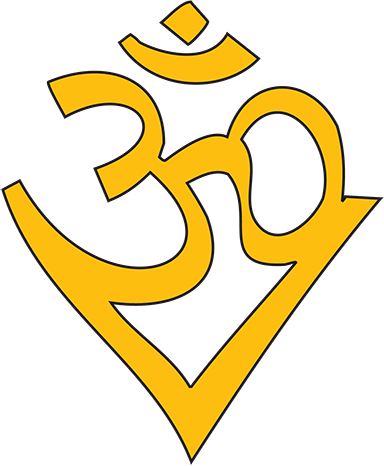Article written December 2011
Lord Bhikhu Parekh gave a lecture entitled, ‘ The Crisis in Indian Democracy ‘ at Chatham House on Monday 21st November 2011.
He listed 4 points that he considered were problematic with Indian democracy.
- Democracy:
He said that accountability is very low and even criminals can become MP. He praised the Judiciary for its independence and for challenging some of the excesses of politicians. He however said the Judiciary cannot be expected to do the job of keeping a check on politicians. - Equality:
He said that there is a shining India and a dark India. Dark India is the India of desperately poor and India risks conflict and instability if it does not tackle this inequality. He said that India has a higher child mortality then Bangladesh. He said that in India they do not speak of the poor, they speak of caste or ethnic disadvantage not poverty - Media and the Youth:
He said that 60% of India’s youth were under 30. They do not seem to be in interested in politics. They are into Bollywood and Cricket! Most newspapers too he said have lowered the standard of debate. - Political Protest:
He said that there needs to be an effective form of political protest to challenge the politicians. He criticised Anna Hazare for his campaign. He said one person cannot be allowed to hold the country at ransom! He said this fasting to protest is a very India form of protest and can be misused by people with the wrong agenda!
In conclusion he said that if India did not address these issues it may face unprecedented upheavals.
During the question time I put the following points:
The Indian democracy might have many faults but India is still a beacon of hope to the world. You have to look at India’s neighbour’s to appreciate India’s democracy. Millions of people were killed in China’s Cultural Revolution.
All over the world people are struggling to gain freedom, a privilege Indian’s enjoy. Regarding the inequality why is it that when it comes to India the glass is always seen as half empty rather than half full? Around 30 years ago India was considered a beggar nation, today it is a world economic power. Rather than acknowledging India’s phenomenal achievements it is now condemned for the poverty. In India’s case everyone wants everything to happen at the same time. The trickle down of wealth will happen but it will not happen overnight. Regarding the youth of India being more interested in Bollywood and Cricket–this is a gross generalisation which ignores the world class educational achievements of India’s youth. Lord Parekh’s criticism of Anna Hazare’s campaign baffled me. Here is a protest movement which achieved an unprecedentedsuccess without any violence. If Lord Parekh is not impressed by Anna Hazare then what would he have to say of the protesters occupying the vicinity of St. Pauls Cathedral in London? I concluded that the Indian intellectuals abroad and NRI’S in general tut, tut at what they see as the failings of India from their comfortable homes in UK, not realising how difficult it is to govern a billion people and a huge country.
One or two other observations: Lord Parekh wondered at one point as to why the Communists of Bengal and Kerala could not eradicate poverty. It was answered aptly by one person from the audience: he said the Communists were too busy enjoying the whisky! The other point that Lord Parekh made was that Anna Hazare’s fast brought the whole country to a standstill because the Congress party could not decide what to do in the absence of Sonya Gandhi. I think the truth is somewhat different. Negotiations were going on all the time.

Recent Comments